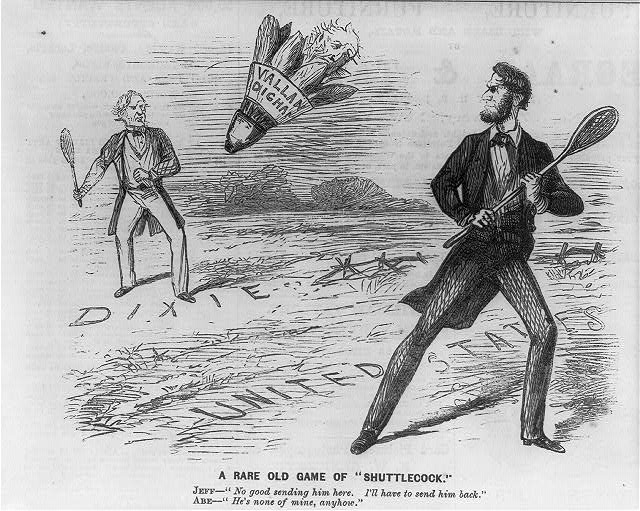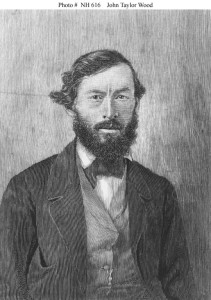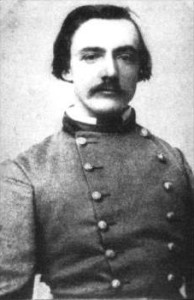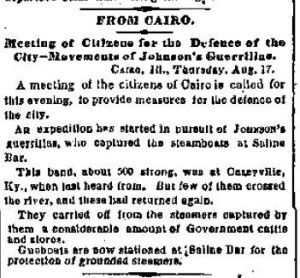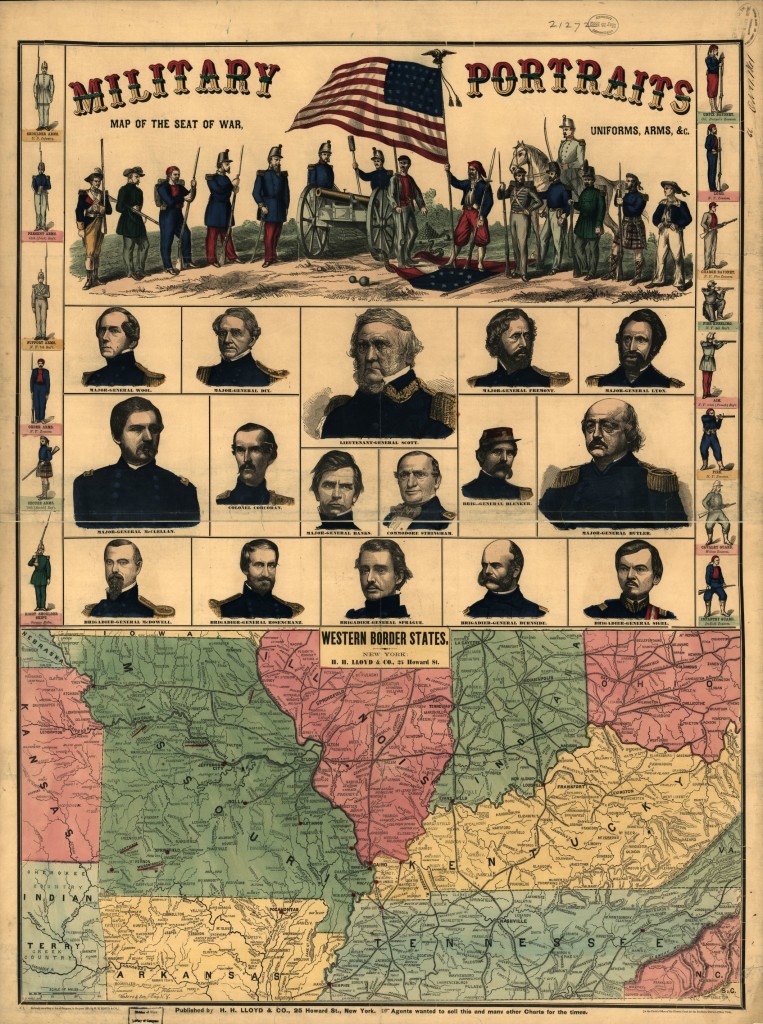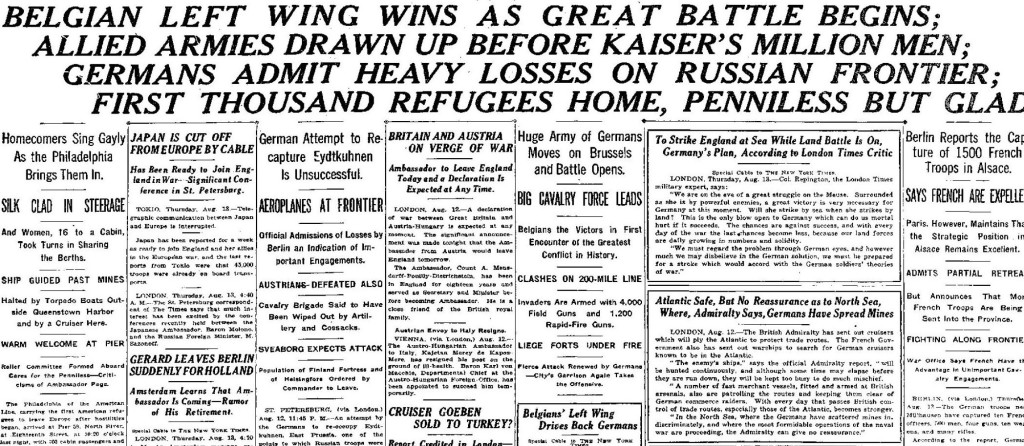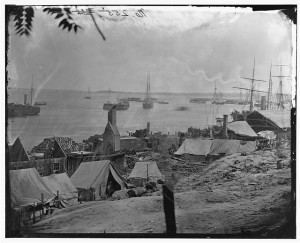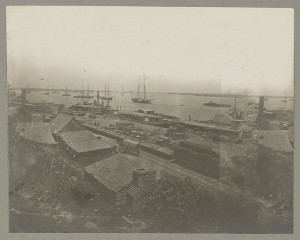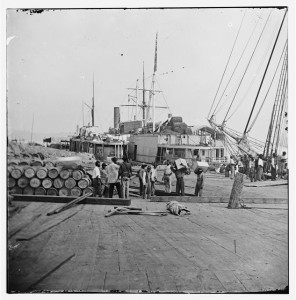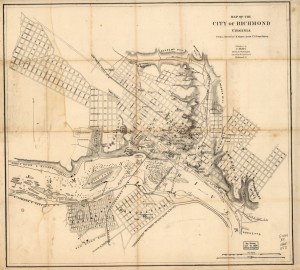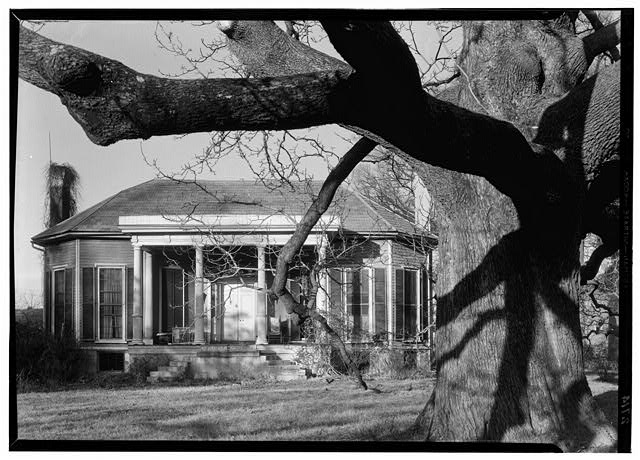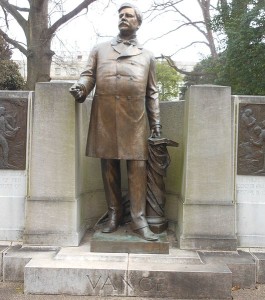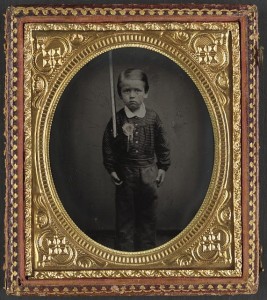150 years ago New York State Peace Democrats held a meeting in Syracuse ahead of the National Democrat Convention in Chicago beginning on August 29th. Fernando Wood from New York City and Clement L. Vallandigham were featured speakers. The delegates voted down a resolution to send an alternate delegation to Chicago in an advisory capacity.
From The New-York Times August 19, 1864:
THE PEACE CONVENTION.; The Assembling of the Magnates at Syracuse–Speeches by Vallandigham and Wood–Resolutions Passed–Peace at Any Price–A Delegation to Chicago. SECOND DISPATCH.
SYRACUSE, Thursday, Aug. 18 — Noon.
The Mass Peace Convention called to meet in this city this afternoon, promises, to be largely attended.
Comparatively few are here from New-York or from the counties south of Albany, with the exception of Suffolk, but large delegations are coming in from Utica, Rome, Oswego, and the villages hereabouts and nearly all the Western counties are represented. …
SYRACUSE, Thurday, Aug. 18.
The weather this afternoon proves fine, and the main streets are crowded with several thousand strangers.
The mass meeting was divided into two throngs, one on Franklin-square and the other surrounding the Syracuse House, from the balcony of which the speakers addressed the people.
The principal and largest meeting, numbering, perhaps 3,000, is in Franklin-square, C.L. VALLANDIGHAM and FERNANDO WOOD being announced to speak from that stand. This meeting was organized by the election of Hon. J.N. HOUGH, as President, eight Vice-Presidents and three Secretaries. …
[???]n[???] response to loud and enthusiastic calls. Mr. VALLANDIGHAM stepped forward and addressed, the multitude for an hour or more, holding their closest attention, except when interrupted by applause. He said he was not here to parade his private griefs, not to speak of what he had done or suffered in the cause. All such things were, indeed, insignificant in comparison to the great national interests that are at stake. He would only say that time has already vindicated, almost to the utmost extent, his views in regard to national affairs. … There is now but one question before the country — war or peace. He assumed that it was the desire of all who love their country that first her liberties shall be made secure, and then her material prosperity restored. There were some who believed that these objects could be best secured by war, while a great mass of the Democracy held that they could be obtained only through peace. A majority determined to try war. We were obliged to submit. Had he possessed the power, not one drop of blood would have been shed. There would have been no marshaling of hosts, no hostile cannon, no mighty debt; none of the calamities which have made this country a land of mourning and taxation would have been known, except as known to our fathers. But war has been tried. The President has had all the men and all the money he demanded. Never was there such an example of submission by a people. Nothing has been wanting that constitutional power conceded, or that audacious usurpation could take from the people. And what is the result? With more battles fought by the three greatest conquerors of the world in any five years of their power, is the Union restored? No. A single State brought back? No. Is the Constitution maintained or observed? No. Are our liberties respected? No. Have we had a free press, free assemblages, the right of habeas corpus or arrests by due process of law? No, no. How is it in a material point of view? A debt of nearly four thousand millions, a daily expenditure of nearly five millions, and a currency worth about thirty-eight cents on the dollar, which two months ago was worth 100 per cent. more than it is now, and which two months hence will be worth 100 per cent. less. Ruin is impending, and now, in the fourth year of the war, what better is the prospect of success by war? We failed in 1861 and 1862, not for want of courage, for no braver men ever went to battle. The campaign of 1863 opened under more auspicious circumstances, and we were told that the rebellion would be speedily crushed out by force of arms; but the end of that year found us but little advanced. The campaign of 1864 opened with the largest armies the war had yet seen — those armies composed largely of three-year veterans, and concentrated for attack upon two or three vital points, and with what result? Let the record of carnage and blood answer. Having tried war so long, shall we now try some other means? He was for trying conciliation and compromise. We submitted to necessity. You have had your trial. You have tried war for four years; now let us try our plan. Our forefathers made our Constitution in convention, with pen, ink and paper, after a debate, by free speech, coming from the hearts of freemen, and for seventy-three years we prospered under it as no other people ever prospered. Yet we had our differences. During that period more than once the Union was endangered. The differences of 1820 were reconciled by compromise, and by the same instrumentality the calamity was avoided in 1850. CLAY, WEBSTER, BENTON, CASS and DOUGLAS were there then, and compromise prevailed through their advice and efforts. SUMNER, CHASE and HALE, the leaders of the party now in power, and which has brought the country so near to irretrievable ruin, were there too, and then as now, they were against compromise. With a Republican form of Government it is impossible to keep the States together by force of arms, it is contrary to the spirit of free institutions. But if it were otherwise, the war has been utterly perverted by the administration. To-day it is not a war for the Union or under the Constitution, and the eyes of the people are being opened to this fact. Hence it is that through all the States, the cry for a cessation of hostilities is being loudly uttered. He regarded the call for five hundred thousand more men as a confession that the war is to be prolonged through 1865. If you send more men, demand that the war shall be successful, and conducted to the end for which alone it was inaugurated. …
Here’s some reviews.
From the same issue of the Times:
The mass State Peace Convention met at Syracuse yesterday,and was moderately well attended. VALLANDIGHAM was the chief attraction, and made one of his characteristic speeches, thoroughly impregnated with venomous falsehoods. The proposition to appoint a delegation to Chicago was finally voted down.
From the Richmond Daily Dispatch August 24, 1864:
The peace meeting at Syracuse.
–The peace meeting at Syracuse, New York, on the 17th [sic], was a very large affair. The resolutions adopted call for peace, and present, in strong colors, the outrages of Lincoln upon the liberties of the people of the United States. The following resolution contains the action of the body:
“Resolved, That, speaking for the many thousands here assembled, gathered together from every county of the State of New York, we believe that it is the duty of the coming convention, to meet at Chicago on the 29th of August, to give expression to this beneficent spirit of peace, and to declare as the purpose of the Democratic party, if it shall recover power, to cause this desolating war to cease by the calling of a national convention, in which all the States shall be represented in their sovereign capacity; and that to this end an immediate armistice shall be declared, of sufficient duration to give the States and the people ample time and opportunity to deliberate upon, and finally conclude, a form of Union.”
Vallandigham, Fernando Wood and others made strong speeches for peace.
In its September 3, 1864 issue Harper’s Weekly summarized the Syracuse meeting as it previewed the Chicago Convention. From Son of the South:
THE CHICAGO CONVENTION.
WE give on this page portraits of C. L. VALLANDIGHAM and FERNANDO WOOD, the leaders of the Peace Party ; also a view of the WIGWAM in which the Democratic Convention is to be held on Monday the 29th. These two gentlemen recently held a Peace Convention at Syracuse, New York, the object of which was to coerce the Chicago Convention by a vast popular demonstration in favor of peace. The meeting was of no significance. They each made speeches, earnestly begging the people by their fear of severe wounds and of heavy taxes not to resist the rebellion any longer with arms, but to settle our difficulties by compromise. As our ” difficulties” are nothing but the armed resistance of certain citizens to the laws, with the declared intention of destroying the Government, it is not easy to understand what kind of compromise with them is possible, except submission to the degradation of the Government. The plan of Messrs. VALLANDIGHAM and WOOD undoubtedly contemplates a temporary separation, with the hope of an ultimate reunion upon terms that will permanently secure the Southern ascendency. Of course there is as yet no open declaration of such a scheme, but no man familiar with our politics and with the course of these two leaders will doubt it. Their silence, and the studied manner in which they always speak of the Union as endangered by the loyal men of the North, instead of the rebels at the South, and the constant declaration that the authority of the Government can not be maintained by force, are sufficiently significant of their views. …

